1. Introduction
The Importance of Operator Safety
Excavator backhoes are powerful machines capable of tackling demanding construction and excavation tasks. However, their immense power also comes with inherent risks. Operator safety is paramount in the operation of these heavy pieces of equipment. In this comprehensive guide, we will delve into excavator backhoe safety, focusing on operator training, certification, safety protocols, and best practices. Join us as we explore the critical aspects of ensuring the well-being of those operating these versatile machines.
2. Operator Training: The Foundation of Safety
2.1. Basic Training Requirements
Operator safety begins with proper training. Basic training should cover essential topics such as equipment familiarization, safe operating procedures, and hazard recognition. This foundational knowledge forms the basis for safe machine operation.
2.2. Practical Hands-On Experience
Hands-on experience is invaluable for excavator backhoe operators. Practical training allows operators to apply their knowledge in real-world scenarios, gaining proficiency in the operation of the equipment.
2.3. Advanced Operator Training
Advanced training programs provide operators with in-depth knowledge and skills to handle complex tasks, such as working near utilities or in challenging terrain. Continued education ensures operators are well-prepared for various job site conditions.
3. Certification and Licensing
3.1. Regulatory Agencies
Regulatory agencies, such as the Occupational Safety and Health Administration (OSHA) in the United States, set standards for operator certification and licensing. Compliance with these standards is essential for legal operation.
3.2. The Certification Process
The certification process typically involves written exams and practical assessments. Operators must demonstrate their knowledge of safety procedures and their ability to operate the equipment safely and efficiently.
3.3. Renewal and Continuing Education
Certifications are often valid for a limited period and require renewal through ongoing education and assessments. This ensures that operators stay updated with the latest safety practices.
4. Safety Protocols and Best Practices
4.1. Pre-Operation Inspection
A thorough pre-operation inspection is critical. Operators should check for equipment defects, ensure all safety features are functional, and inspect the work area for potential hazards.
4.2. Safe Operating Procedures
Safe operating procedures should be strictly followed, including maintaining proper load capacities, avoiding steep slopes, and adhering to manufacturer-recommended practices.
4.3. Emergency Response
Operators should be trained in emergency response procedures, including how to shut down the equipment in emergencies, use safety devices, and respond to accidents or injuries.
5. The Role of Employers and Supervisors
5.1. Providing Adequate Training
Employers have a responsibility to provide adequate training for their operators. This includes initial training, ongoing education, and access to safety resources.
5.2. Monitoring Operator Performance
Supervisors should regularly monitor operator performance to ensure compliance with safety protocols and identify areas for improvement. Constructive feedback is essential for maintaining a culture of safety.
5.3. Encouraging a Safety Culture
Creating a safety-focused work culture is crucial. Employers should promote open communication about safety concerns, reward safe behavior, and investigate incidents thoroughly to prevent recurrences.
6. Common Excavator Backhoe Safety Risks
6.1. Tipping Hazards
Excavator backhoes are prone to tipping if not operated on stable ground or within load capacity limits. Operators must be vigilant to prevent rollovers.
6.2. Struck-By Incidents
Struck-by incidents, where operators or others are struck by equipment or objects, are a significant risk. Maintaining a safe distance from the equipment and ensuring proper signaling and communication are essential.
6.3. Underground Utility Strikes
Unintentional strikes on underground utilities can lead to catastrophic accidents. Operators must be aware of utility locations and follow safe digging practices.
7. Safety Equipment and Technology
7.1. Rollover Protection Structures (ROPS)
ROPS provide a protective structure in case of rollovers, minimizing the risk of operator injury. Ensuring that equipment is equipped with ROPS is crucial for safety.
7.2. Operator Sensing Systems
Modern excavator backhoes may feature operator sensing systems that alert operators to potential dangers, such as obstacles in blind spots.
7.3. Telematics for Safety
Telematics technology can provide real-time data on equipment performance and operator behavior, helping supervisors monitor safety compliance.
8. The Cost of Neglecting Operator Safety
8.1. Human Costs
Neglecting operator safety can result in serious injuries or fatalities, impacting the lives of operators and their families.
8.2. Financial Implications
Accidents and injuries can result in significant financial costs, including medical expenses, workers’ compensation, and potential legal liabilities.
8.3. Legal Consequences
Non-compliance with safety regulations can lead to legal consequences for employers and operators, including fines and penalties.
9. Frequently Asked Questions (FAQs)
Q1. Who is responsible for operator safety on a construction site?
Both employers and operators share responsibility for operator safety. Employers are responsible for providing training and maintaining safe equipment, while operators must follow safety protocols.
Q2. How often should operators undergo certification renewal and continuing education?
The frequency of certification renewal and continuing education varies by region and regulatory agency. Operators should consult local regulations and industry standards for specific requirements.

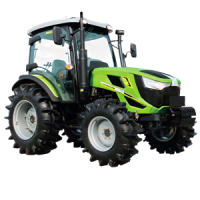
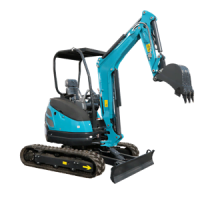
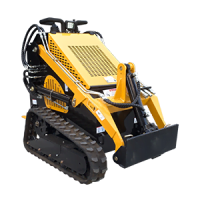
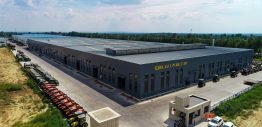
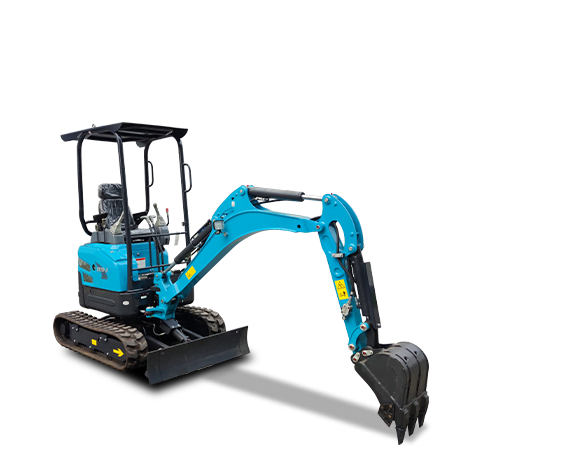
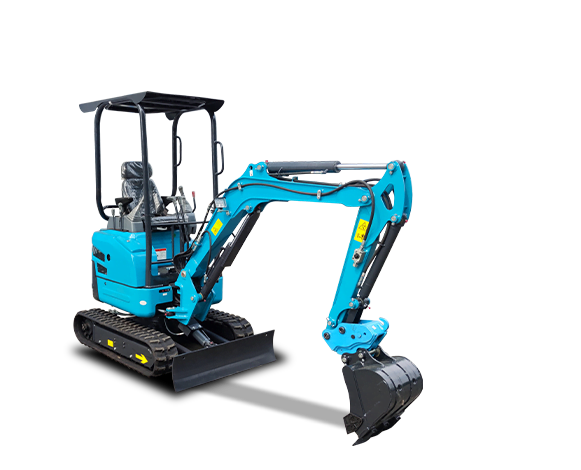
-1.png)